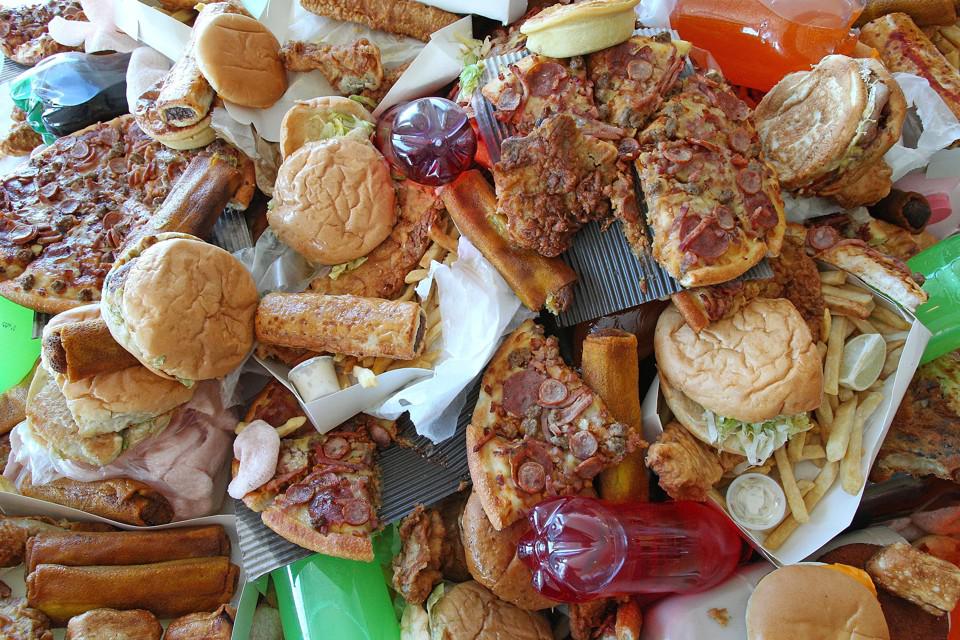How Therapy Can Cure Overeating

Melissa Rivera always turned off the cameras before she binged. Newly married to a husband who traveled frequently, the 23-year-old med student, who had recently moved six hours from her friends and family, comforted herself with food. “I’d get this whole pizza that I would eat myself,” she says. Each time, she turned off the house’s security system so her husband wouldn’t see the coping mechanism she’d used since she was eight years old. “At some point, I realized, ‘This is killing me. I cannot do it anymore,’” she says. She sought help from counselors at the University of Texas, where she was a student.
Rivera suffered from binge eating disorder (BED), but says the school’s experts weren’t able to help. She says a school dietitian encouraged the very behavior that kicks off the bingeing cycle: restriction. “‘You have to eat so many grams of meat, you have to eat at most a cube of cheese per day,’” Rivera recalls the dietitian telling her. “I never did what she said.” Finally, at the end of 2016, Rivera searched online and connected with Edward Tyson, a local eating disorder specialist. But after years of struggle, she was skeptical about how much he could help. “Everything sounded like a beautiful promise, but it seemed impossible that he’d get me to this nice place that he was talking about,” Rivera says. “I’m happy to say that he did.” She has been binge-free since January.
One out of every 35 adults suffers from binge eating disorder, . It and .
You’re reading a preview, subscribe to read more.
Start your free 30 days